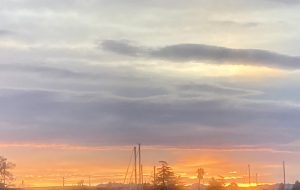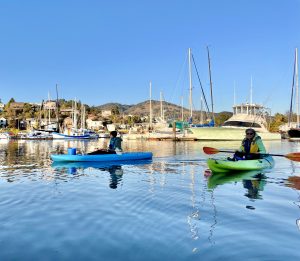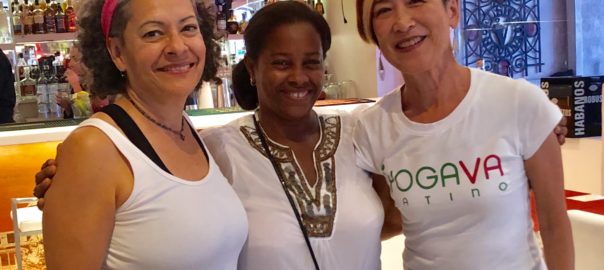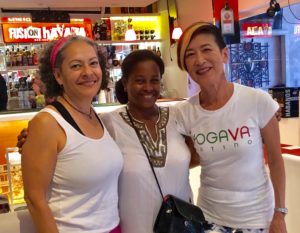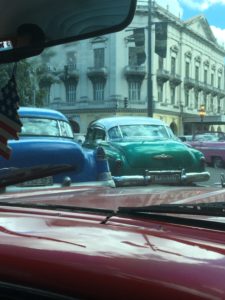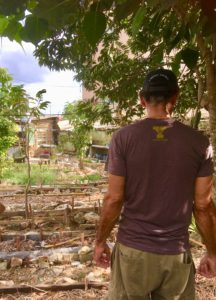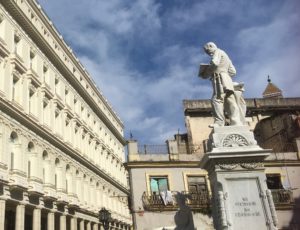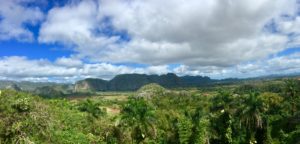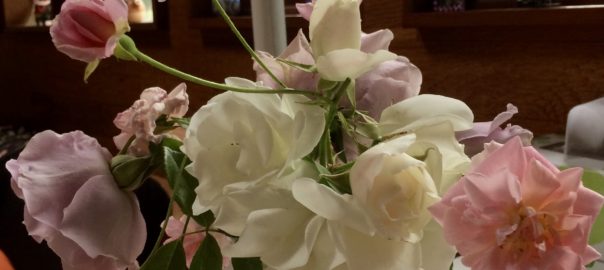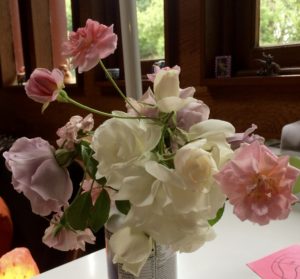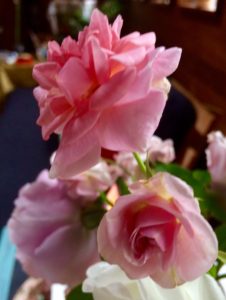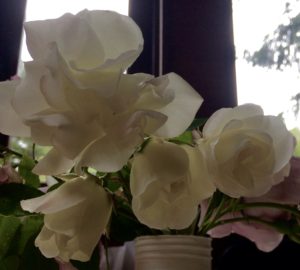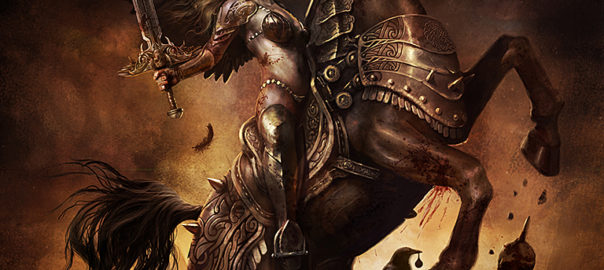I have been living with double vision all my life. The dominant culture of production tells me that my only worth is in what I do to maintain the status quo and my heart knows that to “be” is an act of resistance. It says to trust only the light and the white, while I refuse to disparage darkness and am constantly on the lookout for anti-blackness. It tells me to engage in toxic positivity and I am enraged by beings suffering all over the planet. I must embrace darkness and light to be open to the universe; I can still be authentically joyful even when I feel rage. Either/or is not a useful paradigm for full-hearted, multi-lens living.
This was amplified on my trip to Italy. My planning focused on the hidden gems of a country full of churches and monuments to past emperors and wealthy men. For many reasons, the places I wanted to visit did not pan out. 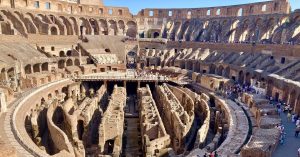 I visited the Colleseum, the Pantheon, some museums, and a few churches. What my eyes saw was accompanied by another vision, one that distorted the magnificent architecture and art and denied me a simple view of this world. My Instagram moments sought to reveal a bit of all my experiences, the colonial, privileged view, the enjoyable moments, and the underbelly of slavery, rape, and stolen goods. My constant challenge was to stay balanced with these many realities, as I have all my life as a woman of color. Appreciate the present moment and also understand the legacies and cost.
I visited the Colleseum, the Pantheon, some museums, and a few churches. What my eyes saw was accompanied by another vision, one that distorted the magnificent architecture and art and denied me a simple view of this world. My Instagram moments sought to reveal a bit of all my experiences, the colonial, privileged view, the enjoyable moments, and the underbelly of slavery, rape, and stolen goods. My constant challenge was to stay balanced with these many realities, as I have all my life as a woman of color. Appreciate the present moment and also understand the legacies and cost.
In sitting with double vision, I pondered why Italy’s monuments and archeological sites bothered me more than the pyramids of Egypt or Teoticuachan. What emerged was that these monuments were crafted by the indigenous people of the land, people who offered the world science, engineering, agriculture, mathematics, astronomy, architecture, and healing practices. These were not stolen or culturally appropriated from other cultures. Did these civilizations have slaves and problematic practices? Absolutely. And they no longer exist because of opportunistic European invaders.
The 75-year Israel-Palestinian war erupted to a level of undeniable genocide while I was in Italy. I don’t watch or read much news, as it is disheartening for those of us who view the world through double vision. Yet I had to make time from observing Italy’s colonial legacy to that of Israel–and by default that of the USA, who taught the world all about apartheid and genocide. To feel the full breadth of 75 years of failure by both our government and us. We fought for civil rights; to end the Vietnam war and South African apartheid. We elevated women’s and the LGBTQ+ community’s rights and acknowledged that the Japanese internment camps met the criteria to be called concentration camps. We marched to protest selective immigration policies and the US support of oppressive regimes all over Latin America and the rest of the world. We began performative land acknowledgments that exposed the centuries-long history of taking land from indigenous people; from those who know that land is not the same as property, borders, and statehood. And yet the slow and relentless colonization and ethnic cleansing of Palestine only now caught many people’s attention due to the 1400 deaths and hostage-taking of Israelis on October 7th, followed by the more than 20,000+ brutal deaths of so many Palestinian children and civilians since that date, the separation of so many families, the fleeing of homes and land that always had people.
My physical double vision began in late January 2023 due to Grave’s disease, an autoimmune illness I introduced in my previous post, which also portends this post. It went away for a blessed month around June, and I felt better than I had since the pandemic, energized and grateful for reath and life. It returned a month later and remains my only symptom, triggered by motion and sometimes fatigue. An opthalmologist and my naturopath are reviewing tests and considering treatment options with me. After doing my own research, I wear Prism glasses from my optometrist that give me respite and a better tennis game.
Living with actual double vision has illuminated the reality of the emotional double vision labor required of those of us who refuse the “blinders” our privilege affords us. This physical and emotional double vision blurs my defenses, leaving me tender, deeply empathetic, and aware of my needs, capacity, and resources. Closing my eyes rests my eyes and opens my heart; it allows me to sit with both visions, to notice my attachment to one and aversion to the other, compelling me to seek the middle path of acceptance and compassion.
When the world’s sorrows have wearied me over the years, closing my eyes and eliminating the overstimulation of sensations that trouble me is essential. I can “see” what is ineffable, what has been in front of me but out of focus from exhaustion. These two visions are both there all the time, one is real and one is a substitute life full of delusions.
Living with double vision opens up a view apart from the singular striving for perfection the dominant culture keeps telling us is the goal. There is no such thing as perfect vision. Sitting with multiple realities means balancing angst and compassion, action and contemplation. On a minute-to-minute basis, I take a deep breath and make decisions on the border of provisional and ultimate truth. What is true in the moment may not be true in the long term.
For my actual double vision, my initial options included tilting my head to the left which brought them into focus, putting on an eye patch, closing just one eye, or doing what I could with a soft gaze that did not give me clear boundaries. With my prism glasses, I have much less strain but no ultimate solutions. In life, I have the tools of a lifetime developed from not being seen fully. Do I challenge stereotypes, end or begin relationships with people and organizations, read, write, sob, sing and dance, or play or watch sports or British criminal procedurals. With all approaches, there is no simple comfort or ultimate solution either. Despair shades my life, hope is an impossible yearning that robs me of the present moment.
The world of appearances and the world of reality that emerges from both my actual and my lived double vision is tough to explain to others. For my actual double vision, people have said: “You look fine”. It is a comment many people with non-obvious disabilities and illnesses are familiar with. My endocrinologist asks if my eyelids are swollen and I respond that they are, but is it a symptom of my illness, the natural sag of getting older, and/or the exhaustion of almost a year of double vision? With my lived double vision, people still say I look fine, that I accomplish things, and have a powerful voice. And yet I am exhausted many days. Is it having or needing to have difficult conversations, a tough tennis match, or the grind of almost 66 years of daily inequities? The work with both double-vision realities continues to be to see beyond appearances to my internal truth.
On the other hand, I do see fine when I am open to all possibilities. and that is liberating. Like how anti-Zionism is not anti-semitism AND people are using this moment to engage in their latent anti-semitism. Or how the disregard for Palestinian lives is steeped in anti-Muslim and racist sentiments as well as the US government’s “need” to have a Middle Eastern ally at any cost. Again, appearances or reality? Same actions, different motivations.
 Today I sit with the grief of my little dog friend Sandy going to the vet and “over the rainbow” as one friend lovingly put it. I am desperate to stop her family from doing this. To deny the reality and create a substitute life for her and me. A Buddhist teacher said recently: “Grief is love with nowhere to go.” That is me today. I will eventually live into that love transforming into something else. No rush. No goal. No hope.
Today I sit with the grief of my little dog friend Sandy going to the vet and “over the rainbow” as one friend lovingly put it. I am desperate to stop her family from doing this. To deny the reality and create a substitute life for her and me. A Buddhist teacher said recently: “Grief is love with nowhere to go.” That is me today. I will eventually live into that love transforming into something else. No rush. No goal. No hope.
And so I sit with discomfort and allow the realities to settle, then I fuss, then I settle a little more. My nervous system is still on high alert and I say: “There, there” and pat my shoulder gently, because COVID and inequities are still real and isolation can be an act of self-preservation. Nothing is going away, ending, being overcome, or any of the lies that perfection feeds us. We are being despite the mandate to do, loving despite the temptation to hate, breathing deeply despite the pattern of shallow breath and insufficient oxygen. We are connecting with other brave souls who refuse silence as an option, who have seen this storyline many times, and who say that justice has never and will never come without perseverance. We are the ones who have never had laurels to rest on, who refuse secrets and lies, who trust our hearts and demand others do the same. We close our eyes to see, open our mouths to speak our truth, perk our ears to listen, and rest our bodies so we can rise again, and again, and yet again.
